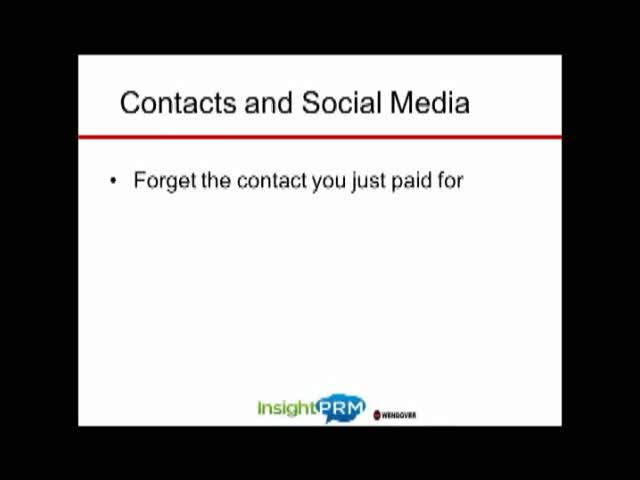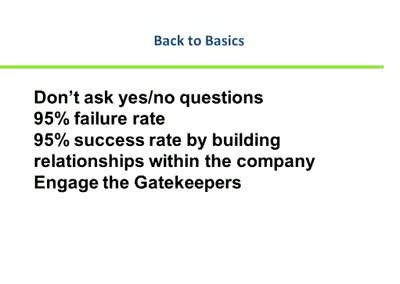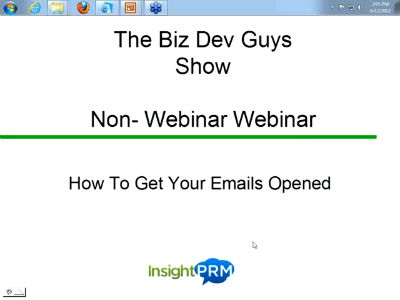Your prospects don’t have to be nice to you. 5 mean moves you can counteract when cold-calling
by Shannon F. Busy prospects don’t always appreciate getting your call in the middle of their day. Every salesperson has a cold-calling story about someone who reacted badly to repeated attempts at contact. Here’s how to deal with 5 ways that prospects may behave in a less than civil manner. Your Prospect Ignores Your Calls. Aren’t they ever in their office?! When you’ve made your 7-12 cold-calling attempts and still have not gotten your prospect on the phone, it’s time to accept that he or she may be ignoring your calls. Best Fix: Mix up your approaches. Try sending an email or even a personalized letter. If you use InsightPRM, try sending an instant email from the PRM at the same time as you are leaving a voicemail. Set up your email template to say, “I just called and left a voicemail for you regarding_________. I’d love to have a chance to discuss this with you in person.” Some phone-phobic prospects respond to emails in an instant. Last Resort: Schedule your next follow-up call for a few months out, and try again at that time. Your Prospect Lies to You. You know for a fact that they are moving their office, but they insist they are not in the market for commercial moving services. Chances are that your prospect is withholding the truth in order to get you off the phone. Sound improbable? Consider that the average individual is lied to as many as 200 times in a day. That […]





